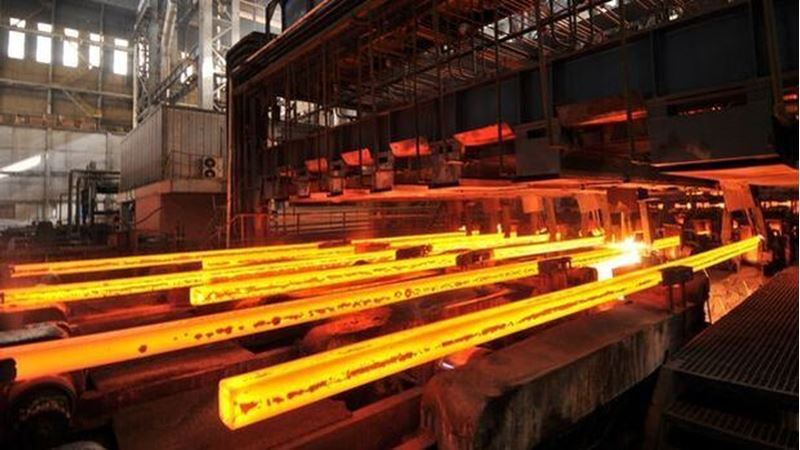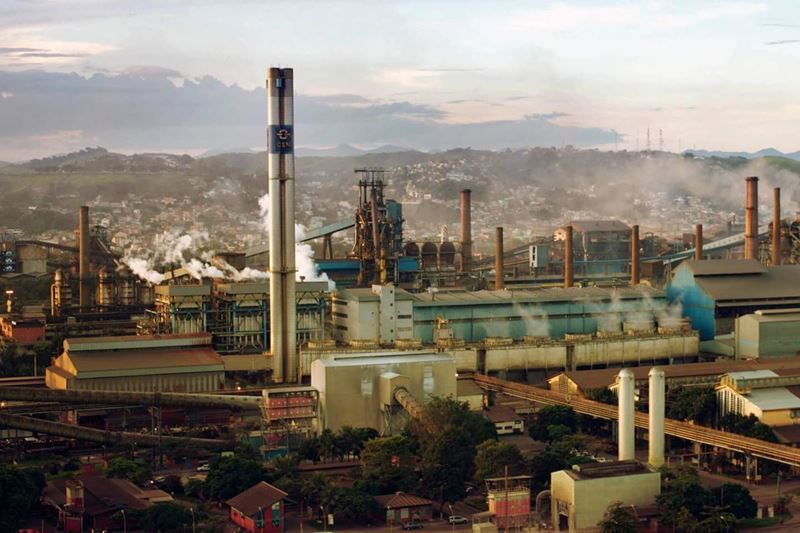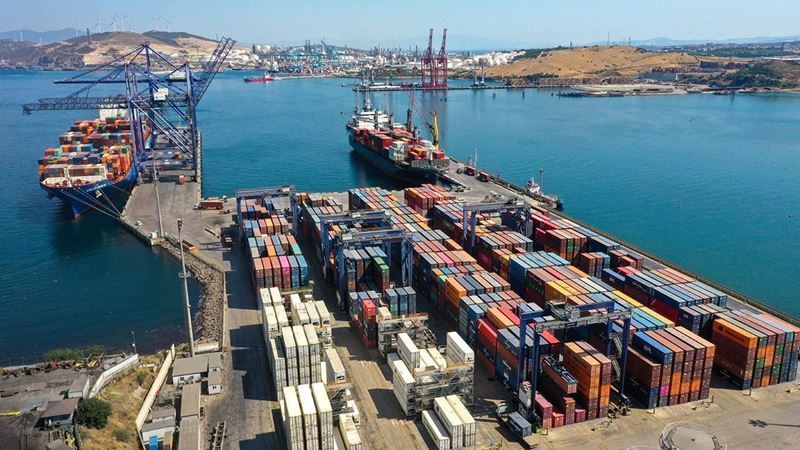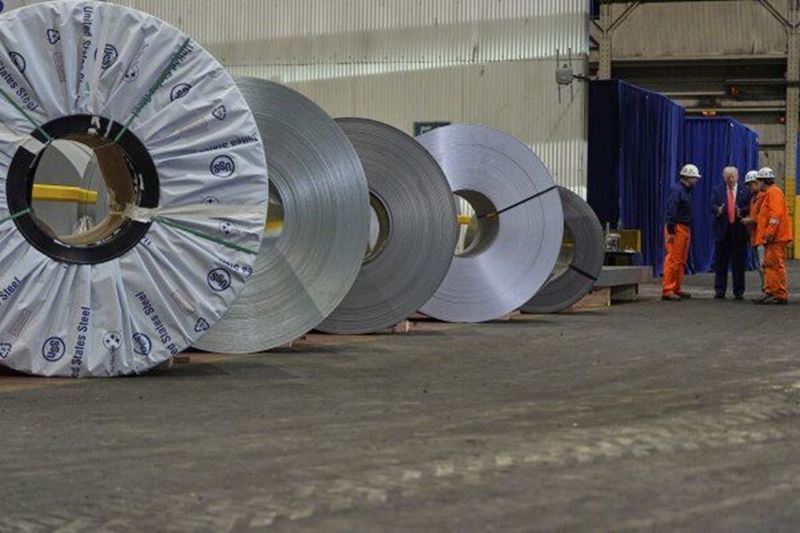According to BBC, there are six steel companies operating in the UK. Four of them are already financially supported by the government, and ministers believe that the industry’s fragmented structure is unsustainable. The Department for Business and Trade is said to prefer finding a joint buyer rather than pursuing nationalisation.
Government sources stressed that mergers are commercial decisions and that no plan can be implemented without the backing of current owners. Still, ministers are reportedly convinced that consolidation is the best way to ensure the industry’s long-term sustainability. One government official stated: “We have always been clear that steelmaking in the UK has a bright future, but it must happen in partnership with the private sector.”
The source added: “Mergers are the decisions of individual companies, not the government. The Labour Party has taken bold steps to strengthen steelmaking—through trade defense measures, cutting energy costs, and preserving blast furnace production—because we want to produce steel in the UK in partnership with private companies.”
In recent years, the UK steel sector has faced severe challenges from high energy costs, rising tariffs, and global oversupply. The government is currently seeking new buyers for two companies, while another has been publicly owned since 2021.
Last month, Liberty Steel’s UK arm in South Yorkshire came under government control following a compulsory liquidation order by the courts. Speciality Steels UK (SSUK), part of Sanjeev Gupta’s Liberty Steel group, was placed under the management of an official receiver. The government agreed to cover operating expenses and wages until a buyer is found. SSUK’s transition to greener electric arc furnaces has already drawn significant commercial interest.
In April, the government took control of British Steel in Scunthorpe after accusing its Chinese owner Jingye of attempting to shut down blast furnace operations. However, Jingye’s demand for hundreds of millions of pounds in return for transferring ownership has stalled the sale process. According to BBC News, Business Secretary Jonathan Reynolds is expected to travel to China next week to meet with Jingye officials.
Concerns have been raised within government circles that finding a buyer for British Steel may be difficult due to its reliance on outdated blast furnace technology. By contrast, Tata Steel’s Port Talbot plant received 500 million pounds in state support last year to facilitate its transition to greener production methods.
Sheffield Forgemasters, meanwhile, was nationalised by the Ministry of Defence in 2021 following years of financial difficulties.
A senior source from the Department for Business and Trade said: “We are working to fix the UK steel sector overall. Jingye needed to be removed, and we are on course to achieve that. Gupta needed to be removed, and we have achieved that.”
The source added that there is now a strong belief within government that UK steel companies must be brought together. However, consolidation may not happen if existing owners unanimously oppose it.
The government expects that steel companies will work much more closely together in the future, even if a joint ownership model does not materialize. Ministers have repeatedly stressed that full nationalisation of any steel company is not their preferred option, and sources say a collective nationalisation of all companies is “highly unlikely.”










Comments
No comment yet.